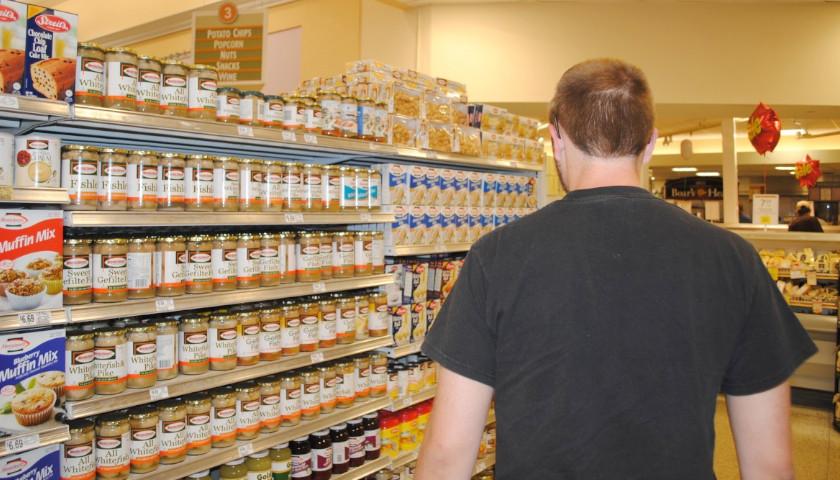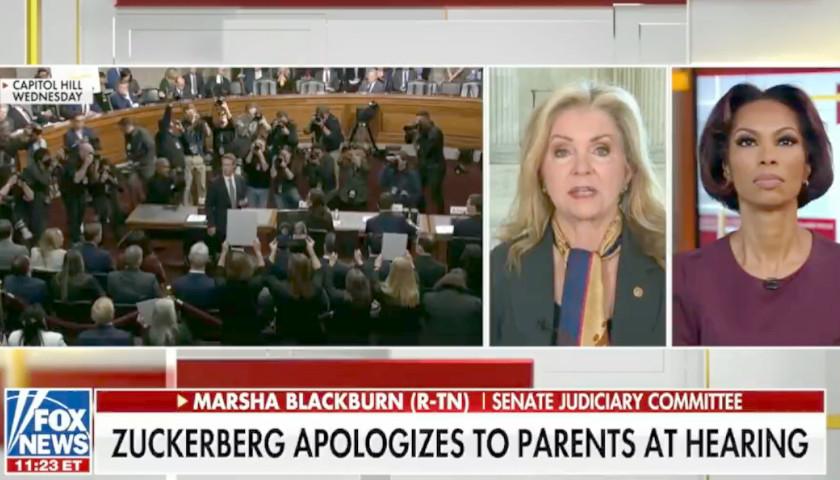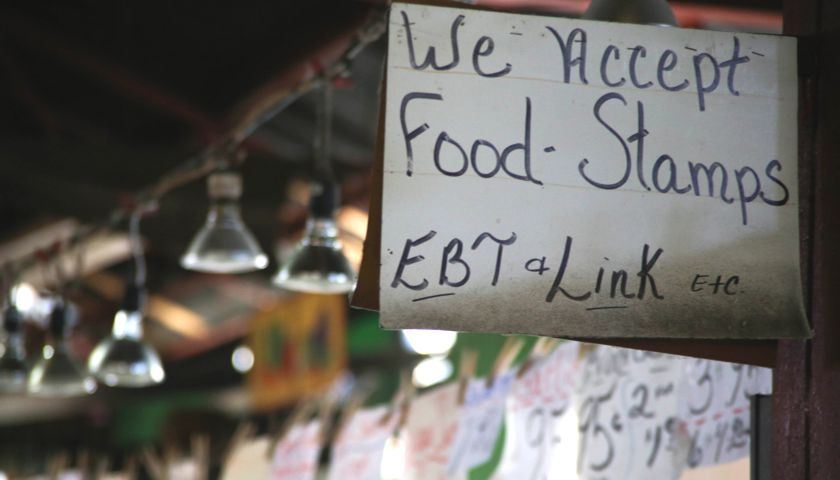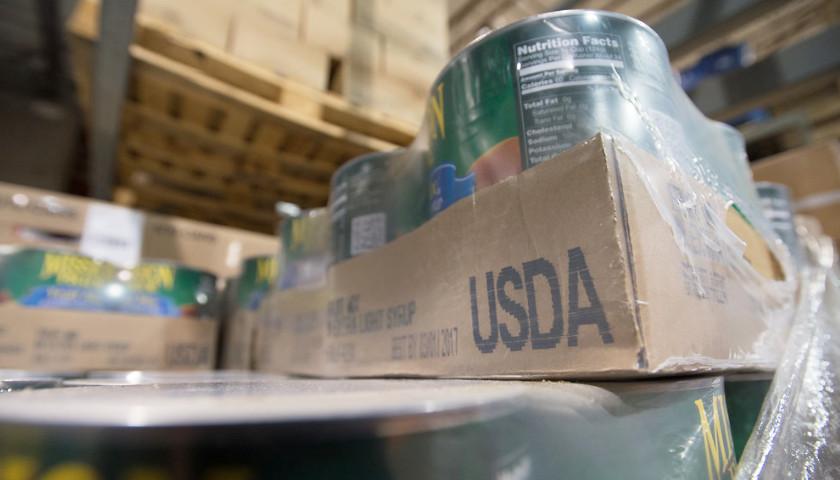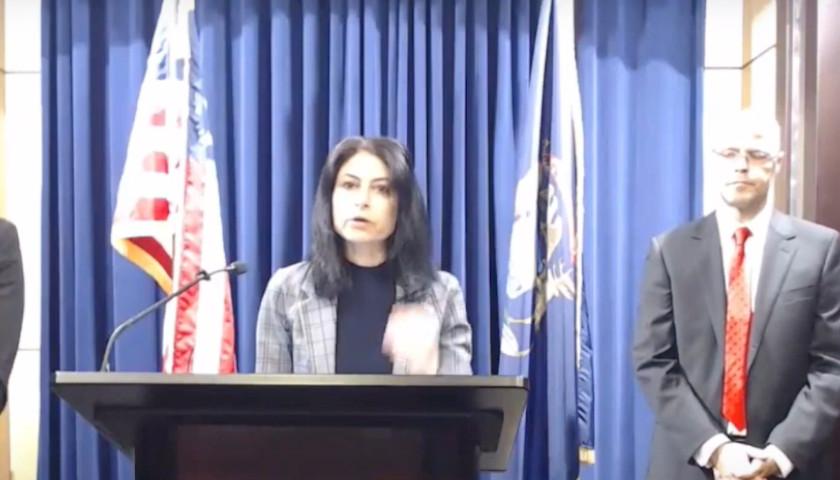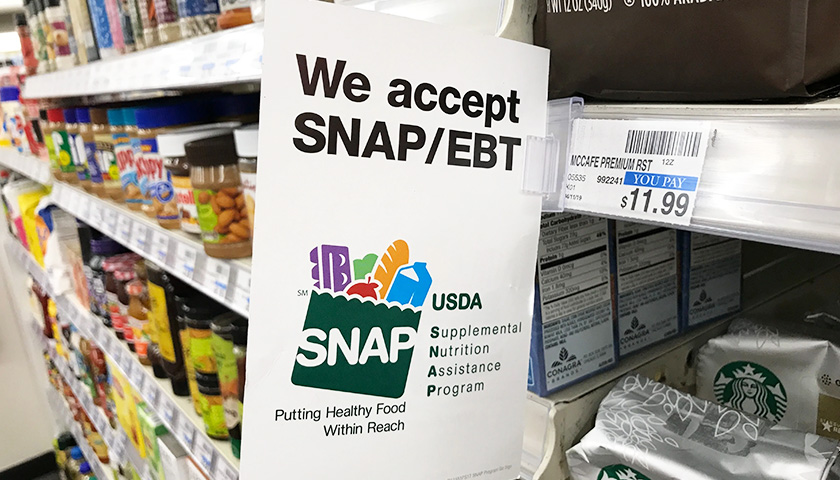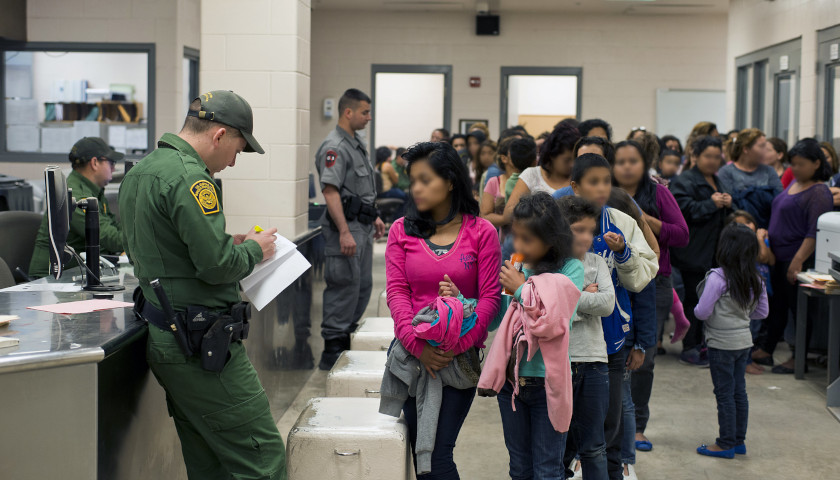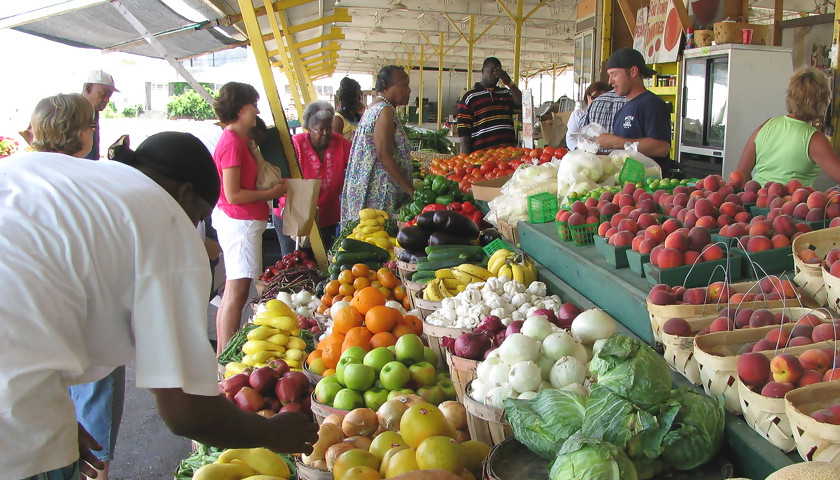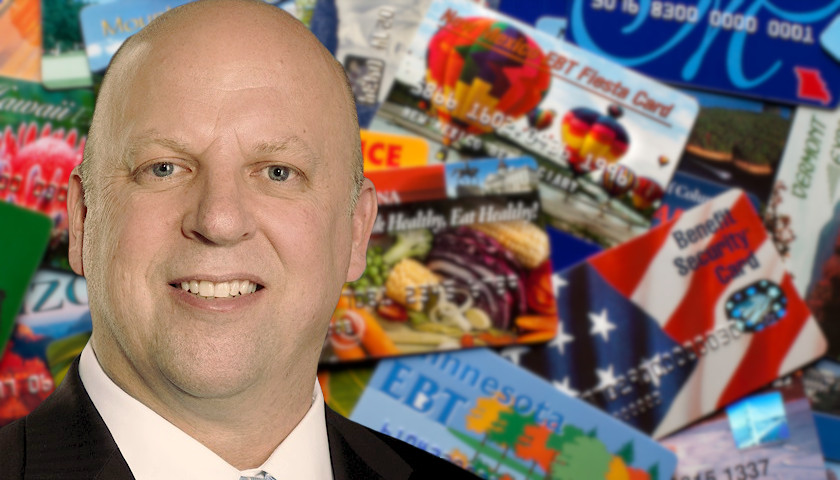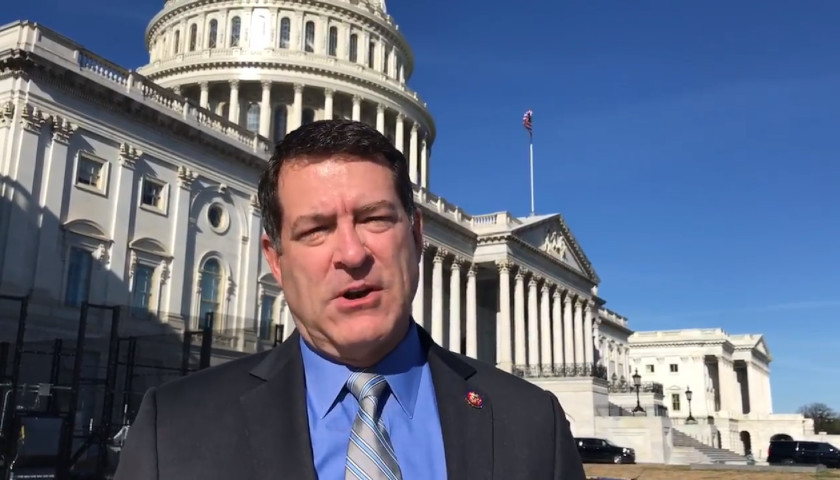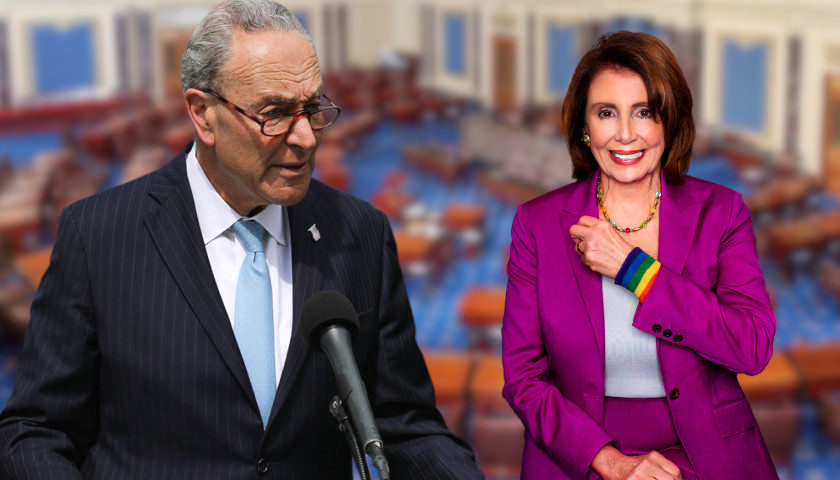U.S. Rep. Scott DesJarlais (R-TN-04), a member of the House Agriculture Committee, said in a press release Wednesday he voted for the Agriculture Improvement Act of 2018. The House-Senate agreement sets national agriculture policy for the next five years, and President Donald Trump will likely sign it, DesJarlais said. DesJarlais, a House Freedom Caucus member, was an outspoken proponent of changes to the Supplemental Nutrition Assistance Program (SNAP), also known as food stamps, which would help more Americans gain job training and employment in an economy where an estimated 6 million job openings outnumber the unemployed. AARP Executive Vice President and Chief Advocacy & Engagement Officer Nancy LeaMond signaled her appreciation of the act’s passage. She said, “AARP applauds Congress for passing the Agriculture Improvement Act of 2018. This legislation protects access to the Supplemental Nutrition Assistance Program (SNAP). We are particularly pleased that the bill rejected harmful changes to the law’s work requirements that would have made it harder for older Americans to access SNAP benefits.” DesJarlais said, “Especially in Tennessee’s Fourth District, where Rutherford County is one of the fastest-growing in the U.S., the economy requires skilled workers to fill good-paying jobs. But able-bodied, working-age adults receiving food…
Read the full story

